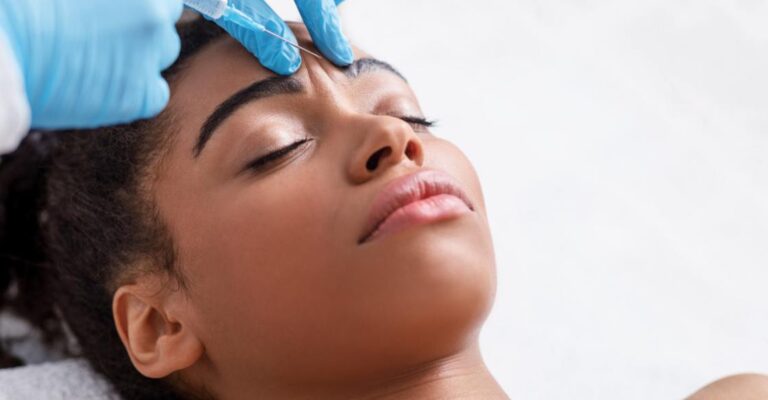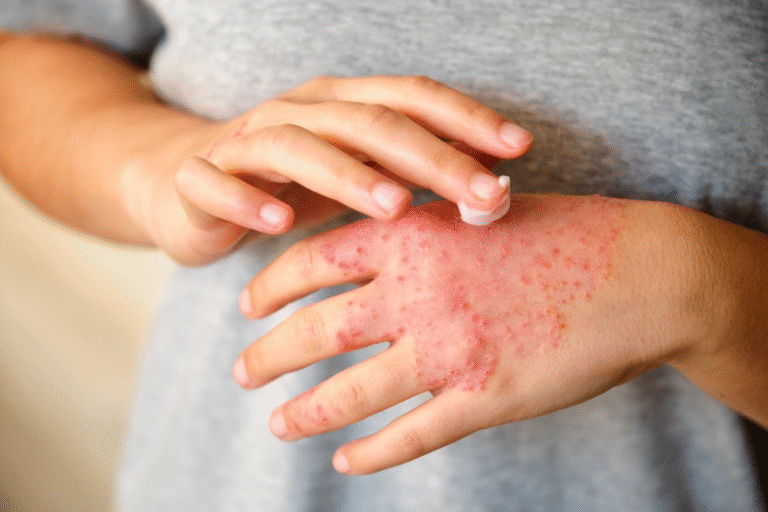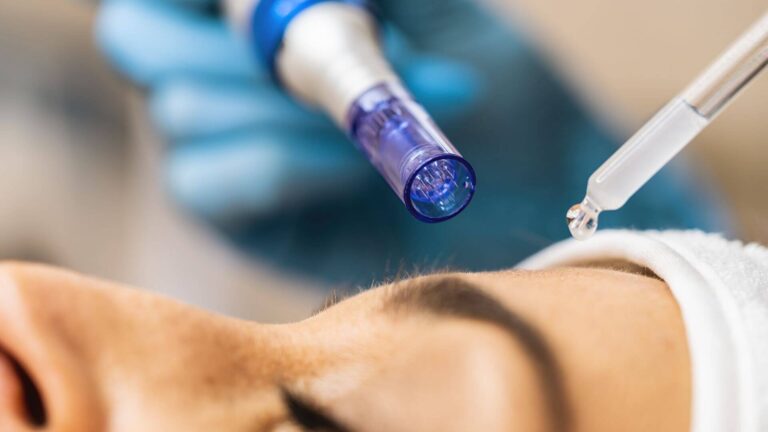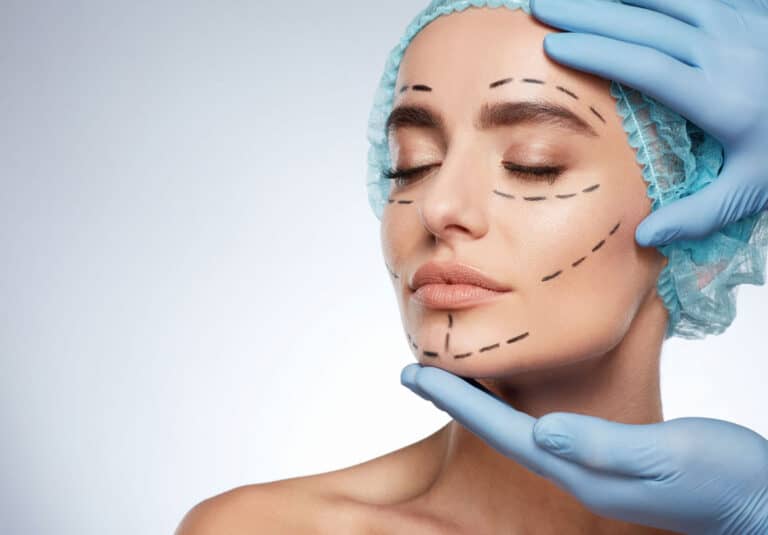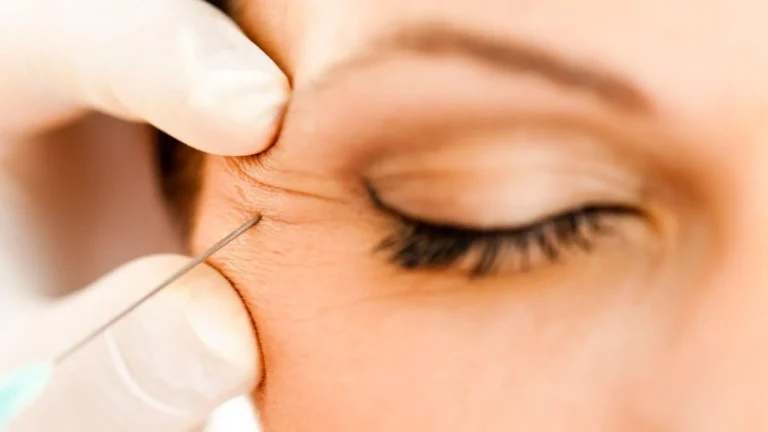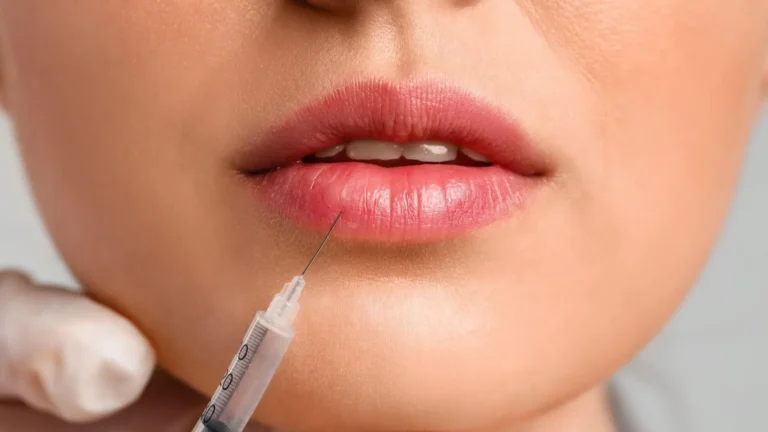How to Treat Acne Naturally: Simple Remedies That Work

Acne is something many of us deal with, whether it’s a few pimples here and there or more persistent breakouts. While there are plenty of creams, lotions, and pills on the market, not everyone wants to go down the chemical route. The good news is—you don’t have to. Nature offers plenty of safe, gentle, and effective ways to manage and reduce acne.
In this article, we’ll explore how to treat acne naturally, using ingredients and habits that can help you achieve healthier, clearer skin without harsh side effects. Whether you’re a teen, an adult, or someone just tired of acne flare-ups, this guide is for you.
What Causes Acne?
Before we dive into treatments, it’s important to understand why acne happens in the first place. Acne forms when:
- Your pores get clogged with oil, dead skin cells, and bacteria.
- Your body produces too much sebum (oil), often due to hormones.
- Inflammation causes redness and swelling.
Other factors like diet, stress, lack of sleep, and poor skincare habits can make things worse. Knowing this helps you choose the right natural remedies.
1. Cleanse Gently with Natural Ingredients
Keeping your skin clean is the first step in treating acne. But that doesn’t mean scrubbing harshly. Over-washing or using strong products can dry out the skin, leading to more oil production and breakouts.
Try This:
- Honey and Aloe Vera Cleanser
Mix one tablespoon of raw honey with one tablespoon of aloe vera gel. Massage it gently onto your skin for 1–2 minutes, then rinse with warm water.
Honey is antibacterial, and aloe soothes irritated skin.
2. Use Tea Tree Oil as a Natural Spot Treatment
Tea tree oil is known for its powerful antibacterial and anti-inflammatory properties. It can help reduce redness, swelling, and kill acne-causing bacteria.
How to Use:
- Mix 1 part tea tree oil with 9 parts water.
- Dip a cotton swab into the mixture and apply it directly to pimples.
- Do this once or twice daily.
Note: Always dilute tea tree oil. Using it directly on the skin can cause irritation.
3. Apple Cider Vinegar Toner
Apple cider vinegar (ACV) helps restore your skin’s pH balance and fight bacteria. It also works as a natural exfoliant, removing dead skin cells that can clog pores.
DIY Toner:
- Mix 1 part ACV with 3 parts water.
- Apply with a cotton pad after cleansing your face.
- Leave it on for 5–10 minutes, then rinse off.
Do a patch test first if you have sensitive skin.
4. Green Tea for Skin and Health
Green tea is packed with antioxidants that help fight inflammation and bacteria. You can use it both topically and internally.
For Topical Use:
- Brew a cup of green tea and let it cool.
- Use a cotton ball to apply it to your skin.
- You can also mix the green tea with aloe vera and use it as a mask.
Drinking 1–2 cups a day can also help your body fight acne from within.
5. Clay Masks to Pull Out Impurities
Natural clays like bentonite or kaolin can absorb excess oil and unclog pores. Clay masks are especially useful for oily and combination skin types.
How to Use:
- Mix 2 tablespoons of bentonite clay with enough water or apple cider vinegar to make a paste.
- Apply it to your face and leave it on for 10–15 minutes.
- Rinse with warm water and moisturize afterward.
Use this mask 1–2 times a week.
6. Eat an Acne-Friendly Diet
What you eat shows up on your skin. A healthy, balanced diet can make a big difference in reducing acne naturally.
Foods That Help:
- Leafy greens (spinach, kale)
- Berries (antioxidant-rich)
- Nuts & seeds (omega-3 fats)
- Whole grains
- Probiotics (yogurt, kefir, kimchi)
Avoid:
- Sugary foods and drinks
- Dairy (for some people)
- Processed or greasy foods
- Excess caffeine
Drinking plenty of water daily also helps flush out toxins and keep your skin hydrated.
7. Manage Stress and Get Good Sleep
Stress and lack of sleep can lead to hormone imbalances, which can cause breakouts.
Natural Stress Relievers:
- Exercise (yoga, walking, dancing)
- Meditation or breathing exercises
- Limiting screen time before bed
- Getting at least 7–8 hours of sleep
Making small lifestyle changes can reduce stress hormones and improve your skin health.
8. Use Ice Cubes to Reduce Redness
If you have an angry, red pimple, ice can help calm it down quickly.
How to Do It:
- Wrap an ice cube in a clean cloth.
- Press it gently on the pimple for 1–2 minutes.
- Repeat a few times a day as needed.
It reduces swelling and helps pimples look less noticeable.
9. Keep Your Skin Moisturized (Even If It’s Oily)
Skipping moisturizer because you have oily or acne-prone skin is a big mistake. Dry skin can trigger more oil production.
Go for:
- Light, natural moisturizers like aloe vera gel, jojoba oil, or a non-comedogenic product with ingredients like glycerin or hyaluronic acid.
Avoid heavy creams or anything with artificial fragrances.
10. Don’t Pop Your Pimples
It can be tempting, but popping pimples can lead to infection, scarring, and more breakouts. Let them heal naturally or use spot treatments.
If you really need to extract a pimple, visit a dermatologist or a trained professional.
FAQs About Natural Acne Treatment
1. How long does it take to see results with natural acne treatments?
Natural remedies are gentle, so they take time. You might start noticing improvements in 2–4 weeks, depending on your skin type and consistency.
2. Can I use multiple natural treatments at the same time?
Yes, but don’t overdo it. Start with one or two remedies to see how your skin reacts. Too many changes at once can confuse your skin.
3. Is coconut oil good for acne-prone skin?
Coconut oil is comedogenic (pore-clogging) for some people. If you have oily or acne-prone skin, it’s best to avoid it or use it only on dry areas.
4. Does drinking water really help clear acne?
Yes, staying hydrated helps flush out toxins and keeps your skin moisturized from the inside out. It’s not a cure by itself, but it definitely helps.
5. Are natural remedies safe for sensitive skin?
Most natural treatments are gentle, but everyone’s skin is different. Always do a patch test before trying anything new, especially with essential oils.
Conclusion: Be Gentle, Be Consistent
Treating acne naturally is all about being kind to your skin and consistent in your routine. While you might not see instant results, these natural remedies are safer for long-term use and support your skin’s natural healing process. Combine good skincare habits with healthy eating, proper rest, and stress management, and you’ll be on the path to clearer, calmer skin.
Remember—every skin is different, so don’t get discouraged if something doesn’t work right away. Be patient, and give your skin the love and care it deserves.
Dr. Emma Green is a health and wellness expert with over 10 years of experience in nutrition and fitness. Passionate about helping others live their healthiest lives, Dr. Green shares practical advice on wellness, nutrition, and sustainable living through LivingSpristine.

